Coronavirus: States volunteer ‘to get vaccine rollout up to speed’
NSW pushes for states to take greater control of the vaccine rollout’s next phase as concerns grow over the speed of delivery.
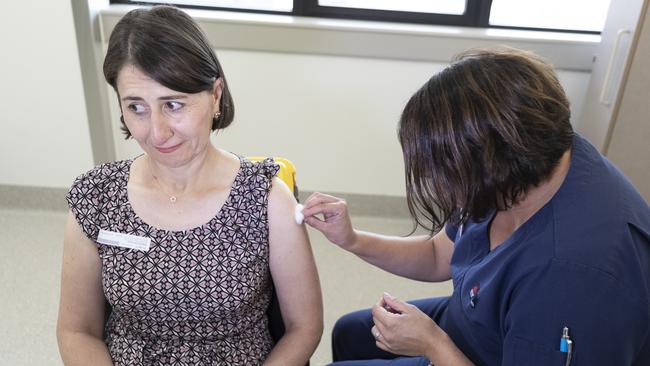
NSW is pushing for the states to take greater control of the next phase of the COVID-19 vaccine rollout as concerns grow over the speed of delivery after federal bureaucrats signalled April’s inoculation target would not be met.
As business groups warned of “unacceptable delays’’ in the program, NSW Premier Gladys Berejiklian said she had last Friday put to national cabinet a plan to “complement” the commonwealth’s GP network. GPs are charged with administering vaccines beyond “phase 1B” stage which is focused on the most vulnerable Australians.
The Premier said NSW could “save months” by extending the role of the state’s 100 temporary vaccination hubs when the vaccination program moves to the general public.
The Australian understands the Tasmanian government is also drawing up plans to use its vaccination hubs to supplement jabs administered by the nation’s doctors through the GP network. Queensland also shares concerns about the speed at which the GP network can be marshalled to deliver vaccinations.
Health Minister Greg Hunt said at the weekend the vaccine rollout would begin at 1000 general practices in the week starting March 22 and be expanded to 4500 in April.
GPs have expressed concerns about payment levels under the program and that lower than expected allocations could make delivering the jabs uneconomic.
Department of Health secretary Brendan Murphy on Wednesday signalled that Australia would not reach its target of vaccinating four million people by early April, leading Ms Berejiklian to warn that the October vaccine timeline could be delayed by months.
“We now know from what the federal government has said that some phases and stages might take longer than was anticipated. But NSW is ready to assist,” she said. “We’re happy to do more if we can.”
“ … If I can be so bold as to say if NSW is poised to move more quickly than other states, then I’d like to do that.”
Ms Berejiklian, who is calling for more information on when extra doses will become available, said her state could not “scale up” vaccinations without more commonwealth data.
Industry is warning the government that it cannot wait much longer for vaccinations to help open up the economy. Australian Chamber of Commerce and Industry acting chief executive Jenny Lambert told The Australian the April vaccine target delay was “very disappointing”.
“The implication in the announcement is that the delay is acceptable as there is no imminent health crisis in Australia, but this denies the huge impact restrictions such as the international travel ban have on businesses and the public,” she said. “The delay will come at a cost to the economy, slowing the tourism restart and business investment in general.”
Australian Industry Group chief executive Innes Willox said he wanted the government to stay the course on its current vaccination timetable.
“Given the emerging vaccine nationalism, issues with the supply of vaccination essentials such as syringes and the requirements that both a doctor and nurse attend the vaccination, there was always a significant likelihood that the timing of the rollout would slip,” he said.
“However, businesses and the community hope and expect the rollout to stick as closely as possible to the government’s original timetable in order to build confidence in our economic recovery.”
The Victorian Department of Health said it was ready to help expedite the rollout, telling The Australian: “Victoria stands ready with whatever is needed to assist the commonwealth with the rollout of their COVID-19 vaccination program.”
UNSW epidemiologist Mary-Louise McLaws said Australia’s failure to reach the federal government’s inoculation target was largely due to global supply issues, but the government should have commenced vaccination training earlier.
“We’ve seen a slowness in supply because of vaccination nationalism. Countries want to keep the vaccine to themselves. We can’t blame the government for this,” Professor McLaws said.
On day 16 of the rollout, 100,000 Australians had received their first jab — failing a commonwealth target of 80,000 a week in the initial weeks. Australia would need to vaccinate about 140,000 people a day to meet the April target of four million, but Professor Murphy said while some states were a “bit slower starting up”, the timeline was ultimately flexible.
Scott Morrison, who is taking carriage of the health portfolio while Greg Hunt is in hospital with a bacterial infection, said the latest shipment of 149,000 Pfizer doses and 414,000 of the AstraZeneca alternative would provide a “bridge” until domestically manufactured jabs were ready.

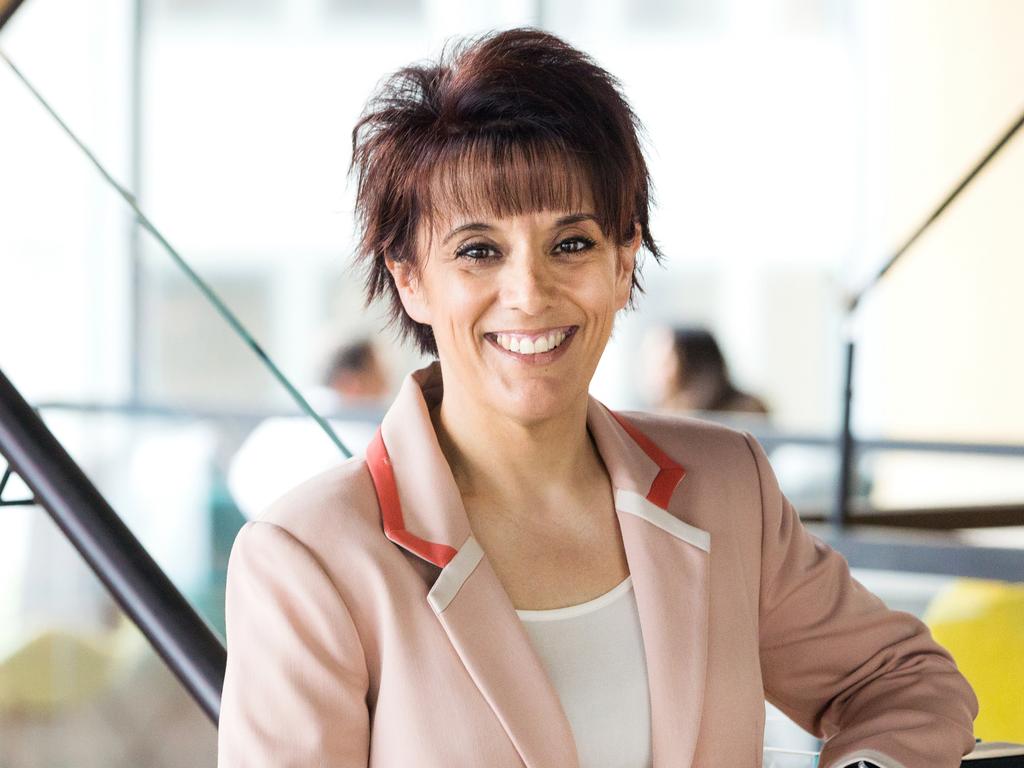
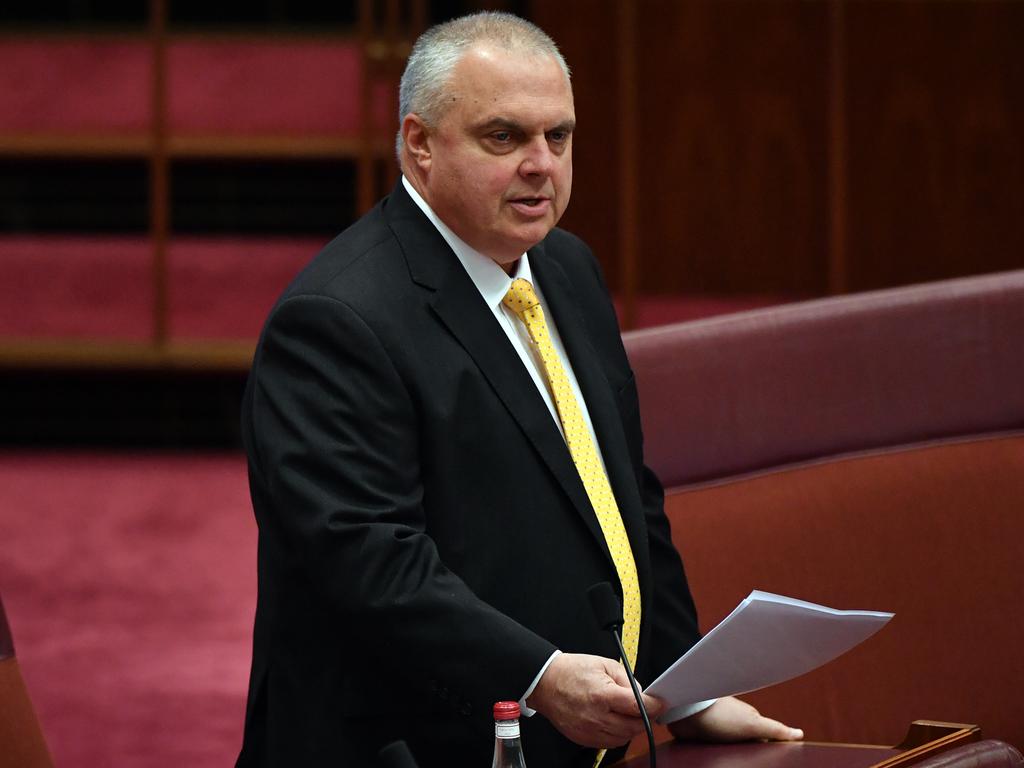
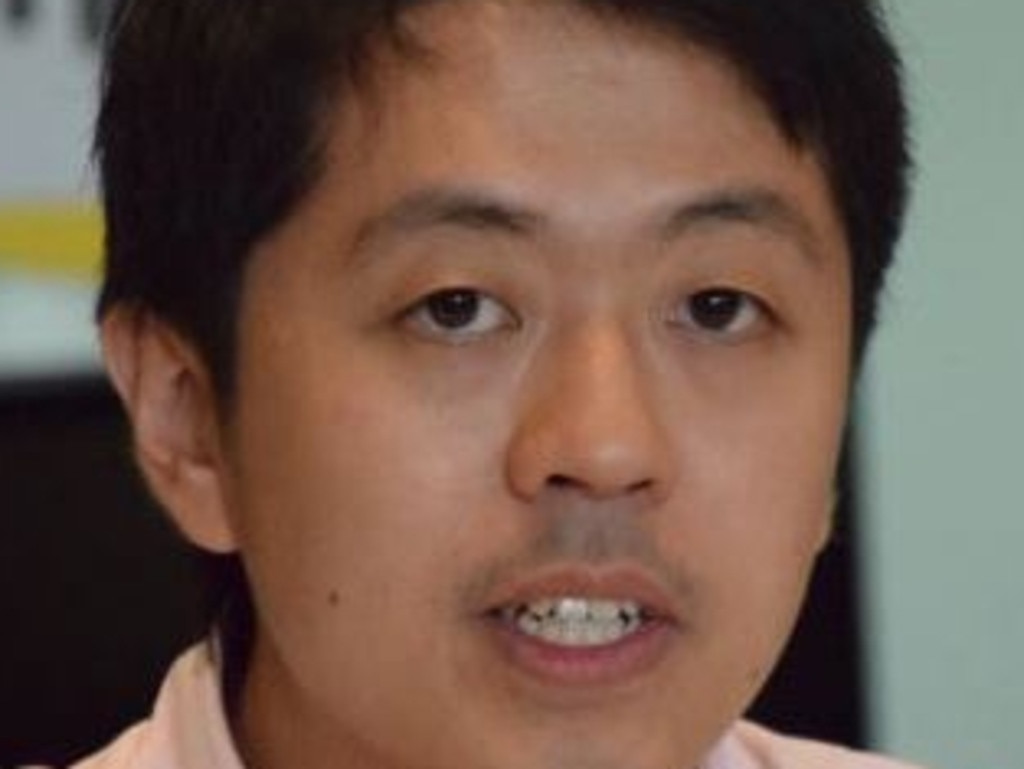
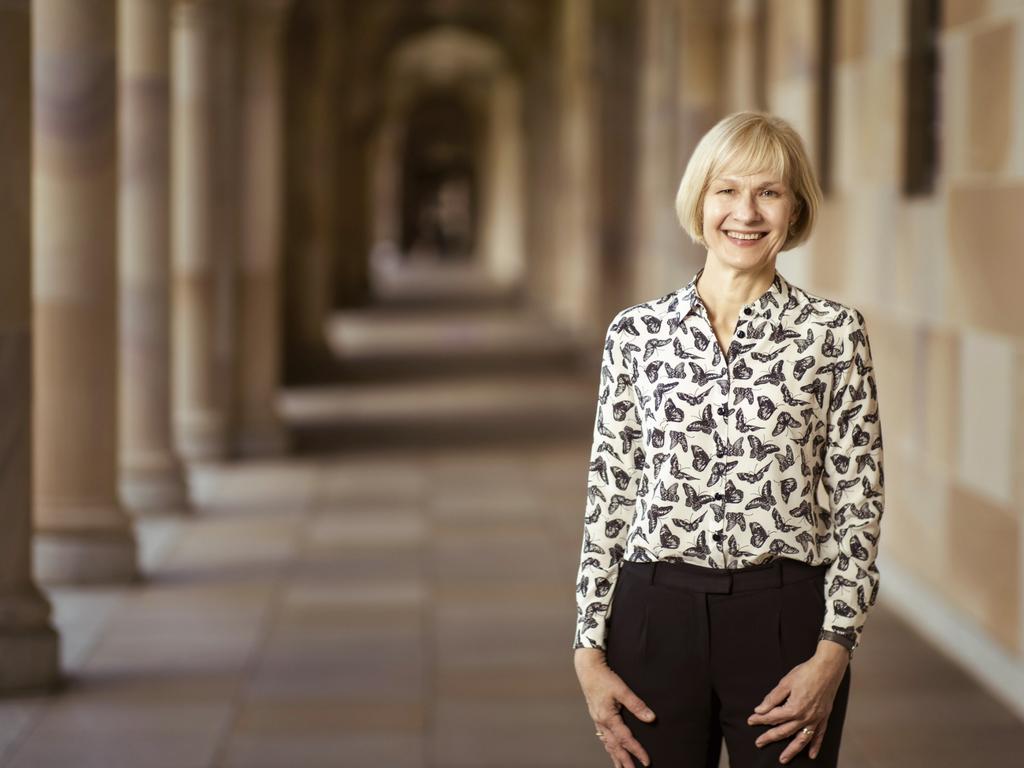


To join the conversation, please log in. Don't have an account? Register
Join the conversation, you are commenting as Logout